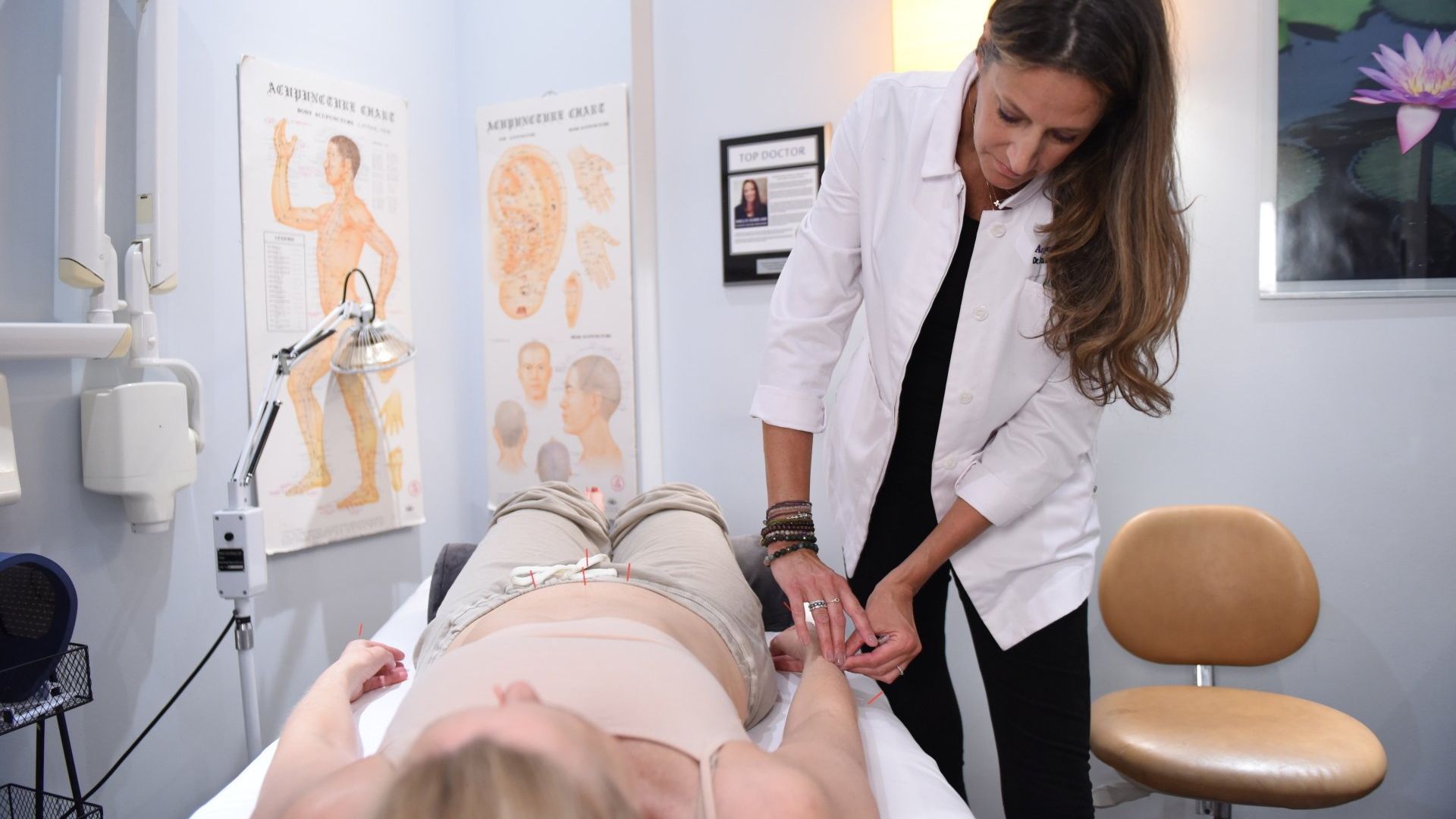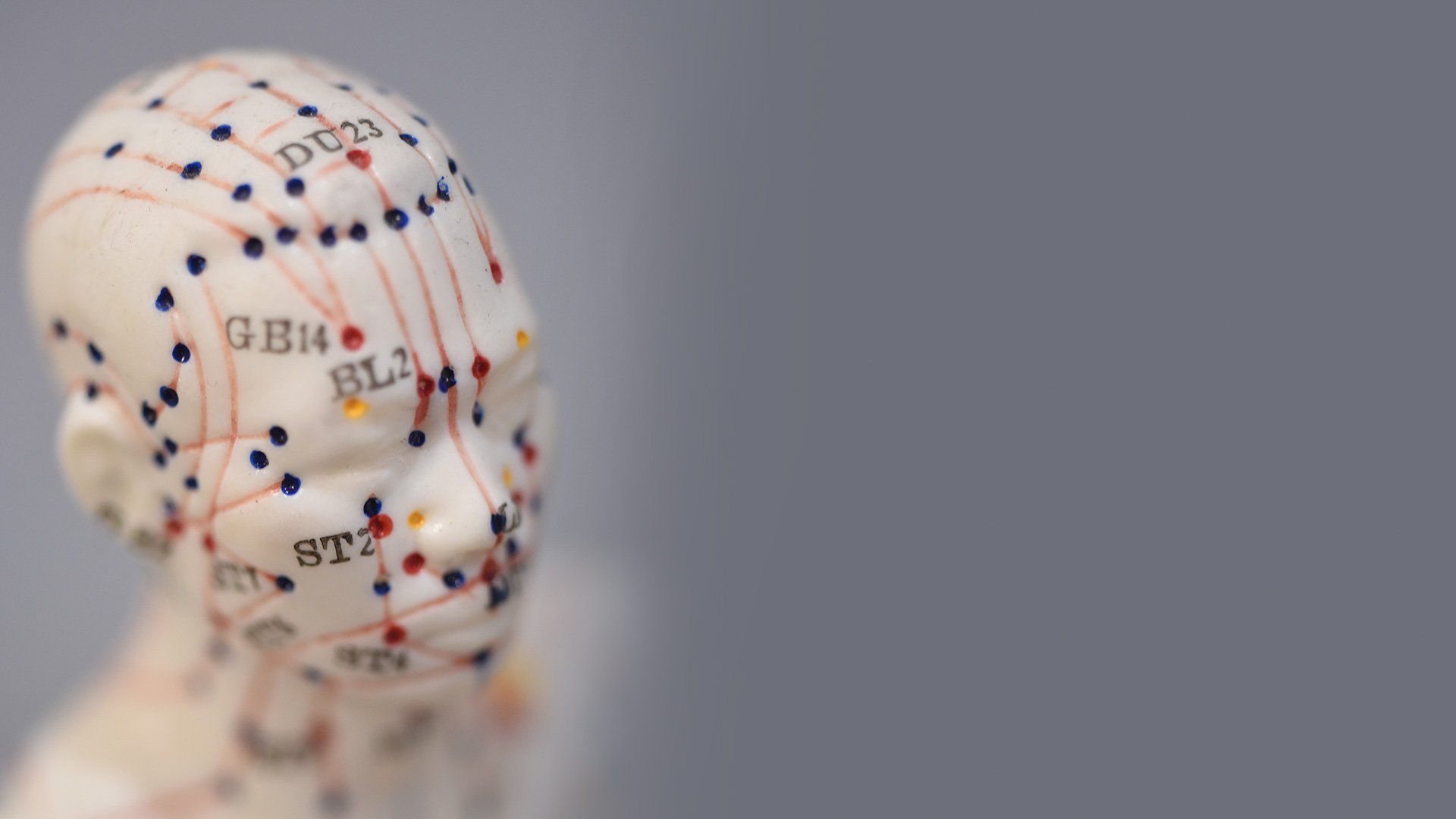Acupuncture for Dental Pain: Complete Guide for Tribeca Smiles Patients
Key Takaways:
- Acupuncture for dental pain works by stimulating nerves and releasing natural painkillers like endorphins, offering Tribeca Smiles patients a drug-free alternative
- Research shows acupuncture can reduce post-operative dental pain, TMJ discomfort, and even help with dental anxiety - all without the side effects of traditional pain medications
- Dr. Danielle Solomon, a licensed acupuncturist in Tribeca, brings over 20 years of experience in managing dental pain with acupuncture
| Table of Contents |
|---|
| 1. How Acupuncture for Dental Pain Works |
| 2. The Science Behind Those Tiny Needles |
| 3. Which Dental Problems Can Acupuncture Actually Help? |
| 4. Finding the Right Pressure Points: A Tribeca Patient's Guide |
| 5. What to Expect During Dental Acupuncture in Tribeca Smiles |
| 6. Combining Acupuncture with Traditional Dental Care |
| 7. The Bottom Line for Dental Patients Seeking Acupuncture |
| 8. The Bottom Line for Dental Patients Seeking Acupuncture |
| 9. Acupuncture Services at Tribeca Smiles |
| 10. Frequently Asked Questions about Acupuncture for Dental Pain |
How Acupuncture for Dental Pain Works

So what's the deal with sticking needles in your face to fix tooth pain? Sounds counterintuitive, right? But here's the thing - acupuncture isn't just some mystical practice anymore. It's a legit medical treatment that even the World Health Organization recognizes for dental pain management.
When you're dealing with dental pain in Tribeca, whether it's from that wisdom tooth acting up or post-procedure soreness, acupuncture works by basically hacking your nervous system. Those super-thin needles trigger your body to release its own natural painkillers - endorphins and serotonin. Think of it as convincing your brain to produce its own pharmacy, without the groggy side effects or risk of dependency.
The needles used are incredibly thin - we're talking hair-width here. Most patients at Tribeca Smiles barely feel them going in. And unlike that novocaine shot that leaves half your face numb for hours, acupuncture's effects are more targeted and don't interfere with your post-appointment dinner plans in the neighborhood.
The Science Behind Those Tiny Needles
Now, I know what you're thinking - how can poking me with needles possibly help my toothache? Well, modern research has actually mapped out what's happening in your body during acupuncture treatment.
Here's what happens when those needles go in:
- Your nervous system gets a wake-up call, altering how pain signals travel to your brain
- Natural painkillers flood your system (hello, endorphins!)
- Local inflammation decreases as blood flow improves
- Your limbic system - that's your brain's emotional center - calms down
A major review of 16 controlled trials found acupuncture effective for dental pain relief. Another study showed it could even speed up the onset of local anesthesia - imagine your novocaine kicking in after just 62 seconds instead of the usual 2 minutes. For busy city professionals squeezing in dental visits during lunch breaks, every minute counts!
But here's where it gets really interesting for those dealing with chronic dental issues. Acupuncture doesn't just mask pain - it can actually help reduce the inflammatory response that's causing your discomfort in the first place. Researchers found it promotes release of anti-inflammatory factors while decreasing the pro-inflammatory ones.
Which Dental Problems Can Acupuncture Actually Help?
Let's get specific about what conditions acupuncture can tackle. If you're dealing with any of these issues while navigating life in the big cit, acupuncture might be worth considering:
Post-Extraction Pain and Swelling
Had a tooth pulled recently? Studies show patients who received acupuncture before and after wisdom tooth removal needed way less pain medication. We're talking significantly lower pain scores on that 1-10 scale dentists love to use. Plus, the anti-inflammatory effects meant less of that chipmunk-cheek swelling.
TMJ and Jaw Pain
If you're grinding your teeth through those high-stress Manhattan workdays, you know how TMJ pain can ruin your whole week. Acupuncture helps by relaxing those overworked jaw muscles - particularly the lateral pterygoid that's often the culprit behind that annoying clicking sound. Multiple studies found it more effective than sham treatments for reducing myofascial pain.
Dental Anxiety and Gag Reflex
Here's something surprising - ear acupuncture has been shown to be as effective as anti-anxiety medication for dental phobia. No kidding! And for those with a sensitive gag reflex who struggle through cleanings, specific acupuncture points can help control that reaction with nearly 100% success rates in some studies.
Chronic Conditions
Living with trigeminal neuralgia? Dealing with dry mouth from medications? Acupuncture has shown promise for these trickier conditions too. One study found 36 out of 42 trigeminal neuralgia patients experienced complete relief after a course of electroacupuncture treatments.
Finding the Right Pressure Points: A Tribeca Smiles Patient's Guide
While you'll want a trained professional handling the actual needle work (please don't try this at home!), knowing about key pressure points can help you understand your treatment - or even try some acupressure for temporary relief.
Key Points for Dental Pain Relief:
Jiache (ST6) - The Jaw Muscle Point Located halfway between your mouth corner and earlobe, right on that jaw muscle that pops out when you clench. This is a go-to point for TMJ pain and general tooth discomfort.
Quanliao (SI18) - Under the Cheekbone Draw a line from your eye's outer corner straight down to the hollow of your cheekbone. This point helps with facial pain and toothaches in the upper jaw.
Shenmen - The Ear's "Heavenly Gate" Find the triangular depression at the top of your ear. Research specifically highlights this point for post-operative dental pain relief.
Hegu (LI4) - The Hand Point Yep, your hand! That webbed area between thumb and index finger connects to facial pain pathways. Manylicensed acupuncturists use this point for dental issues.

What to Expect During Dental Acupuncture in Tribeca Smiles
Walking into your first acupuncture session can feel a bit intimidating, especially if needles aren't your favorite thing. But here's what actually happens:
First, your practitioner will chat with you about your dental history and current pain. They're not just randomly sticking needles in - there's a whole diagnostic process involved. They might check your pulse (not just the rate, but the quality), look at your tongue, and ask questions that seem unrelated but help them understand your overall health picture.
The actual needle insertion? Most people describe it as a tiny pinch or nothing at all. Once the needles are in place, you'll relax for about 20-30 minutes. Many patients actually fall asleep during this part - it's that relaxing. Some practitioners might gently manipulate the needles or add mild electrical stimulation for enhanced effects.
After treatment, you might feel immediately better, or improvements might build over several sessions. Everyone responds differently, which is why finding an experienced practitioner who can adjust the treatment to your needs is crucial.
Combining Acupuncture with Traditional Dental Care
Here's the thing - acupuncture isn't meant to replace your regular dental care. You can't acupuncture away a cavity or infected tooth. But as an add-on to conventional treatment? That's where it shines.
Smart integration looks like:
- Using acupuncture before procedures to reduce anxiety and speed up anesthetic effects
- Post-procedure sessions to minimize pain and swelling
- Regular treatments for chronic conditions like TMJ or bruxism
- Complementing emergency dental care for acute pain management
Many forward-thinking dental practices in Tribeca are starting to offer integrated care. Some dentists are even getting certified in acupuncture themselves, recognizing how well it complements traditional approaches.
The Bottom Line for Dental Patients Seeking Acupuncture
Look, nobody loves dental pain. And while popping ibuprofen might be the easier short-term fix, acupuncture offers something different - a way to work with your body's natural healing systems without the downsides of long-term medication use.
For Manhattan residents juggling demanding careers and busy lives, adding acupuncture to your dental care routine could mean less downtime after procedures, better management of chronic conditions, and maybe even conquering that dental anxiety that's kept you from regular checkups.
The research backs it up, the risks are minimal, and with quality practitioners right in your neighborhood, why not explore what this ancient practice can do for your modern dental woes? After all, if those tiny needles can help you actually relax in the dental chair, that alone might be worth its weight in gold.
Acupuncture Services at Tribeca Smiles
At Tribeca Smiles in NYC, we integrate acupuncture to enhance your dental experience and overall well-being.
Dr. Danielle Solomon, a licensed acupuncturist uses acupuncture to help:
- Relieve dental anxiety and fear
- Reduce pain and discomfort
- Promote relaxation and reduce stress
- Improve sleep quality
- Support women's health issues, such as menstrual irregularities and menopausal symptoms
- Address pediatric health concerns, such as allergies and digestive issues
Take the First Step Toward Pain-Free Dental Care
Whether you're dealing with chronic dental pain, TMJ discomfort, or simply want to make your next dental visit more comfortable, acupuncture could be the natural solution you've been looking for.
Schedule your free acupuncture consultation today
and discover how this ancient practice can revolutionize your modern dental experience.

Frequently Asked Questions about Acupuncture for Dental Pain
Q: Does dental acupuncture hurt?
A: Most patients report feeling just a tiny pinch or nothing at all when needles are inserted. The needles are incredibly thin - much smaller than injection needles. Once in place, you might feel a mild tingling or warmth, but significant pain during acupuncture usually means the practitioner needs to adjust the needle placement.
Q: How many sessions will I need for dental pain relief?
A: It varies by condition and individual. Some people experience relief after just one session, especially for acute post-procedure pain. Chronic conditions like TMJ typically require 6-10 sessions to see lasting improvement. Your practitioner will create a treatment plan based on your specific needs.
Q: Will insurance cover acupuncture for dental issues?
A: Coverage varies widely. Some insurance plans cover acupuncture for pain management, which could include dental pain. Check with your provider about specific coverage. Tribeca Smiles practitioners offer package deals or sliding scale fees to make treatment more accessible.
Q: Can I get acupuncture if I'm pregnant?
A: While acupuncture is generally safe during pregnancy, certain points are traditionally avoided. Always inform your practitioner if you're pregnant or trying to conceive. They can modify the treatment to ensure safety while still providing pain relief.
Q: How do I know if my acupuncturist is qualified to treat dental issues?
A: Look for practitioners with specific training in dental acupuncture or those associated with dental practices. Ask about their experience treating dental conditions, their certification credentials, and whether they've worked with dentists before. The best practitioners will be happy to discuss their qualifications.


